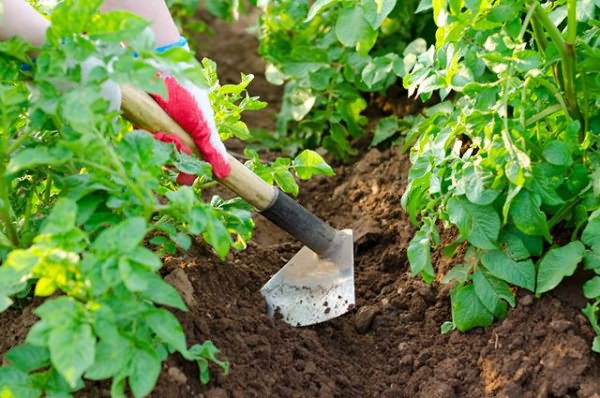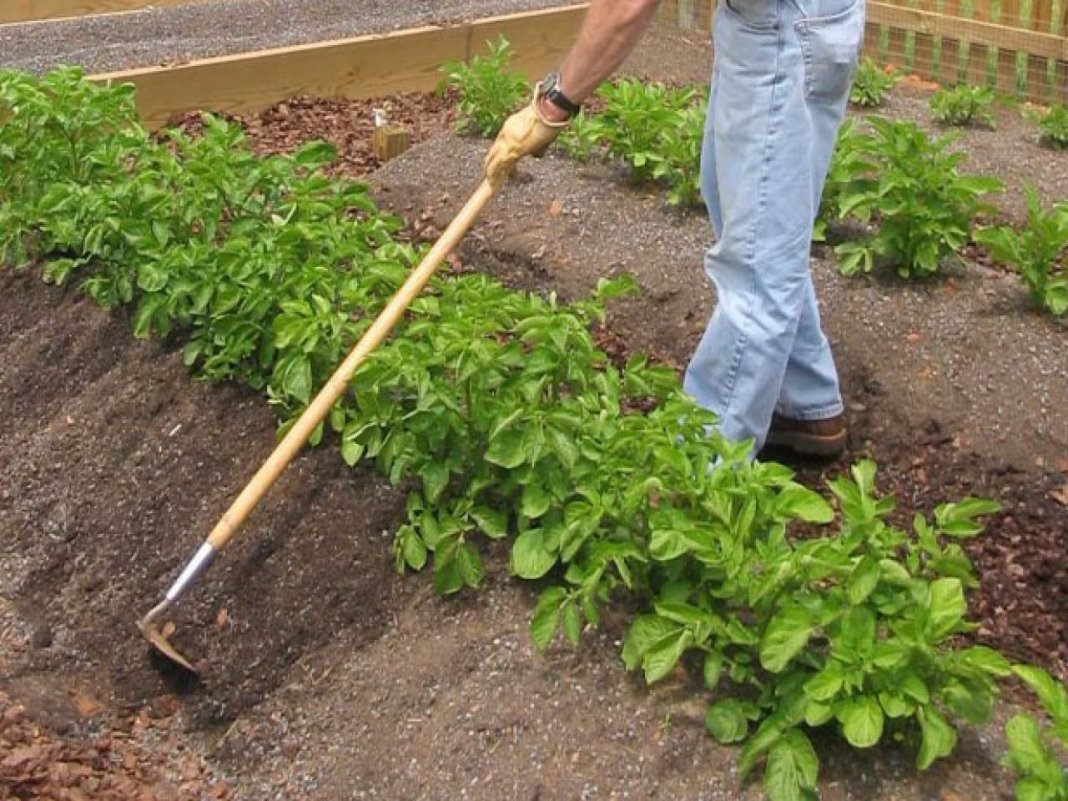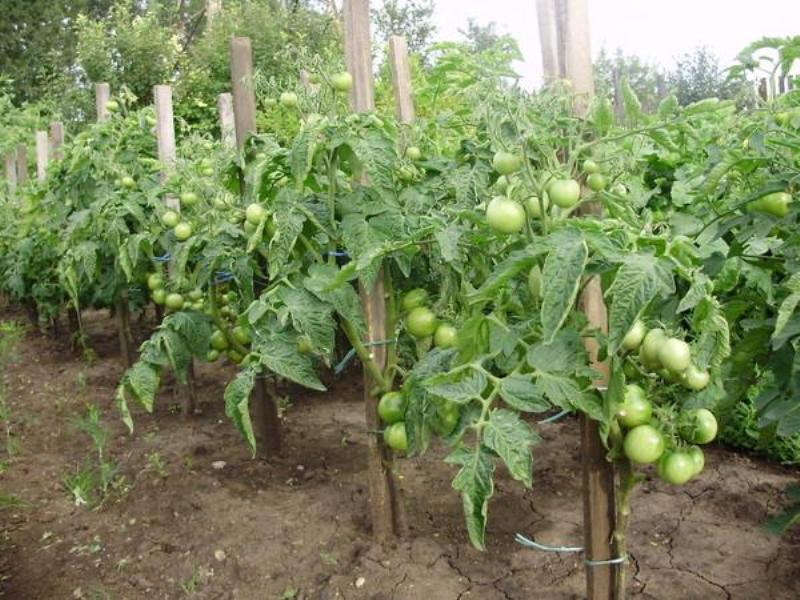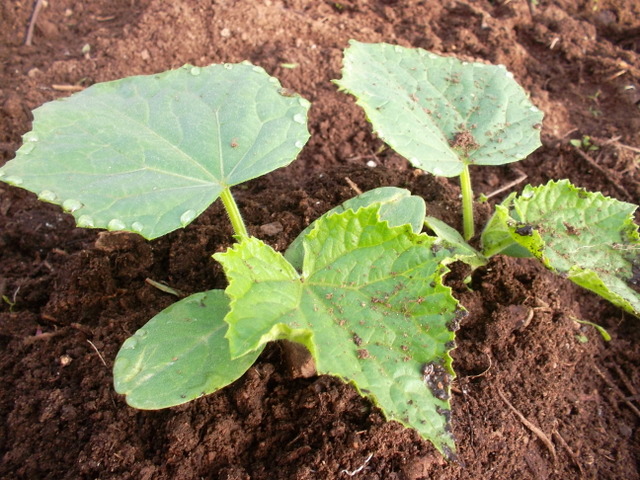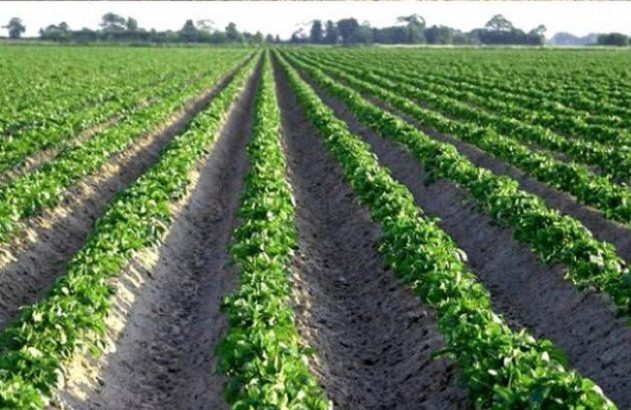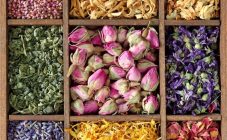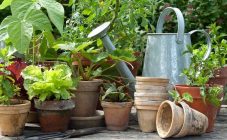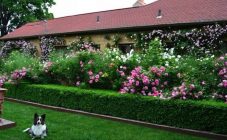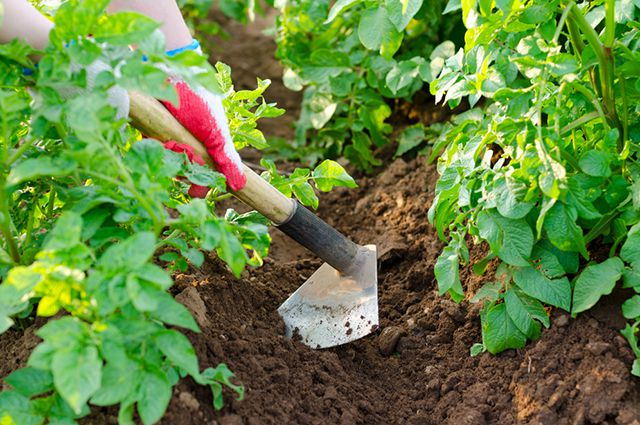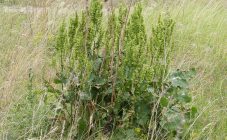Content:
In order for the plants on the site to grow and develop well, as well as always please with the harvest, it is necessary to take care of them, protect them from weeds and pests. Some summer residents are too zealous to nurse their crops and end up harming them. For example, a useful thing like hilling can damage some sensitive plants.
Why hilling is needed
This procedure helps plants to form adventitious roots. It also contributes to the saturation of the soil with oxygen and nutrients. In the case of potatoes, the appearance and growth of tubers is stimulated.
What plants always need to spud
The first plant that immediately comes to mind of every experienced summer resident is potatoes. Without loosening, these roots will be lethargic and take an irregular shape, since the root system will go down and its nutrition will be disrupted. Most of the crop without hilling will be small.
Hilling is also required for tomatoes. This procedure is not always necessary, but it invariably has a positive effect on the yield. Bushes grow faster, and fruiting is also accelerated. The procedure is carried out both in the open field and in greenhouses.
Cabbage is also very positive about this event. Thanks to him, the yield of the plant increases.
What plants can not be spud
It is categorically impossible to carry out this procedure with cucumbers. Not only can they not be hilled, but the soil around them must be loosened very carefully. The fact is that the root system of cucumbers is very high to the surface and it is very easy to destroy it by rough methods. If necessary and the formation of a dense layer on the surface, use the most gentle loosening.
Peppers are also vulnerable and sensitive. They are susceptible to mechanical handling and should be handled with care. If necessary, loosen the soil slightly.
Plants such as onions and all types of greens are very negative about hilling. With gross interference in their quiet life, they will take revenge with wilting and yellow color.
What harm can hilling do
When hilling crops for which this procedure is contraindicated, it is possible to ensure that the plant does not bear fruit or even withers away. Unknowingly, you can damage the root system, so the plant will simply have nothing to eat in order to grow. The roots can be exposed and burned in the sun. In rare cases, such interference can lead to the death of a culture.
